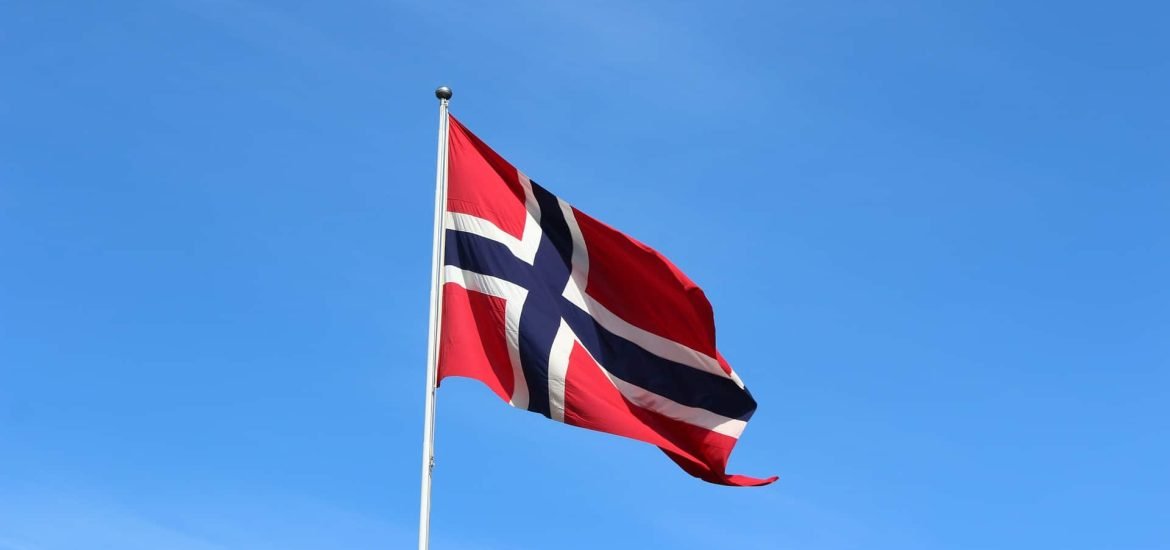
The Norwegian Parliament is preparing to decide whether to join the European Union’s energy union, but the decision has caused divisions among members of Parliament, Norway’s top opposition Labour Party and the general public.
Unveiled in 2015, the energy union project aims to provide EU citizens and businesses with affordable, secure and clean energy. The project includes plans to create an interconnected EU energy market where gas and electricity would flow freely from one country to the next. The market will be overseen by EU’s Agency for the Cooperation of Energy Regulators (ACER), which is based in Slovenia.
In addition to setting EU-wide market rules, the project encourages countries to support one another in the event of supply shortages or another type of emergency. Last month, European Commission energy union vice president Maroš Šefčovič wrote in New Europe that the Commission was “set to make the Energy Union a living reality by 2019.”
Norway’s hydroelectric power reserves have kept electricity prices low compared to prices in many EU member states. Some Norwegians fear joining the energy union and participating in ACER would increase electricity rates, which they say will negatively affect Norwegian households and industry.
“New power cables and teaming up with the EU’s energy bureau ACER will press Norwegian electricity rates up, closer to European rates,” said Kathrine Kleveland, who leads anti-EU lobby group Nei til EU (No to the EU) and is active in Norway’s Centre Party.
Norwegian Prime Minister Erna Solberg’s Conservative Party, along with coalition partners in the populist Progress Party and centre-right Liberal (Venstre) Party have submitted a proposal to Parliament urging them to join the energy union.
Joining the energy union would increase the number of cables transporting power out of Norway. Kleveland noted that Norway already has cables that transport the nation’s excess electricity to countries including Denmark, Sweden and the Netherlands, with projects to build additional cables to Germany and the UK currently underway.
Norwegian newspaper Aftenposten reported on Sunday that municipalities in Oppland, a region with numerous hydroelectric power plants, are concerned about losing control over the electricity they generate. The paper also reported a growing grassroots movement among Labour party members in the region who, like Kleveland, strongly oppose joining the energy union.
“We need more resources to instead upgrade the electricity network in Norway,” Jørun Båtstad, told Aftenposten.
Båtstad, who is from the electricity-generating municipality of Sel, also expressed concerns that the Labour Party could lose more voters to the anti-EU Centre Party if it ignores the movement in Oppland. It would be another blow to the already weakened party, which lost the election last September and has since seen a decline in support from voters.
Over the weekend, Labour party leader Jonas Gahr Støre said the party was negotiating with the government to ensure Norway maintains control over the cables that transport electricity abroad, while also continuing “to cooperate with Europe regarding trade in power and gas.”
Other opponents have warned of possible repercussions if Norway declines to join the energy union. There are concerns that refusing to join the energy union could jeopardise rights guaranteed under the 1994 EEA agreement, which grants Norway, Iceland and Liechtenstein access to the European Single Market.
Støre told Aftenposten on Sunday, “If one partner [in the EEA agreement] goes out of the deal, the other can set other portions aside.” This means Norway could potentially face backlash from the EU if it declines to join the energy union.
Parliament is expected to reach a decision by 22 March.